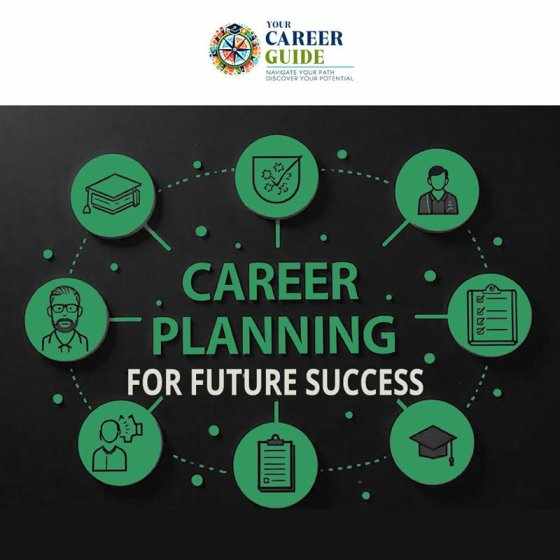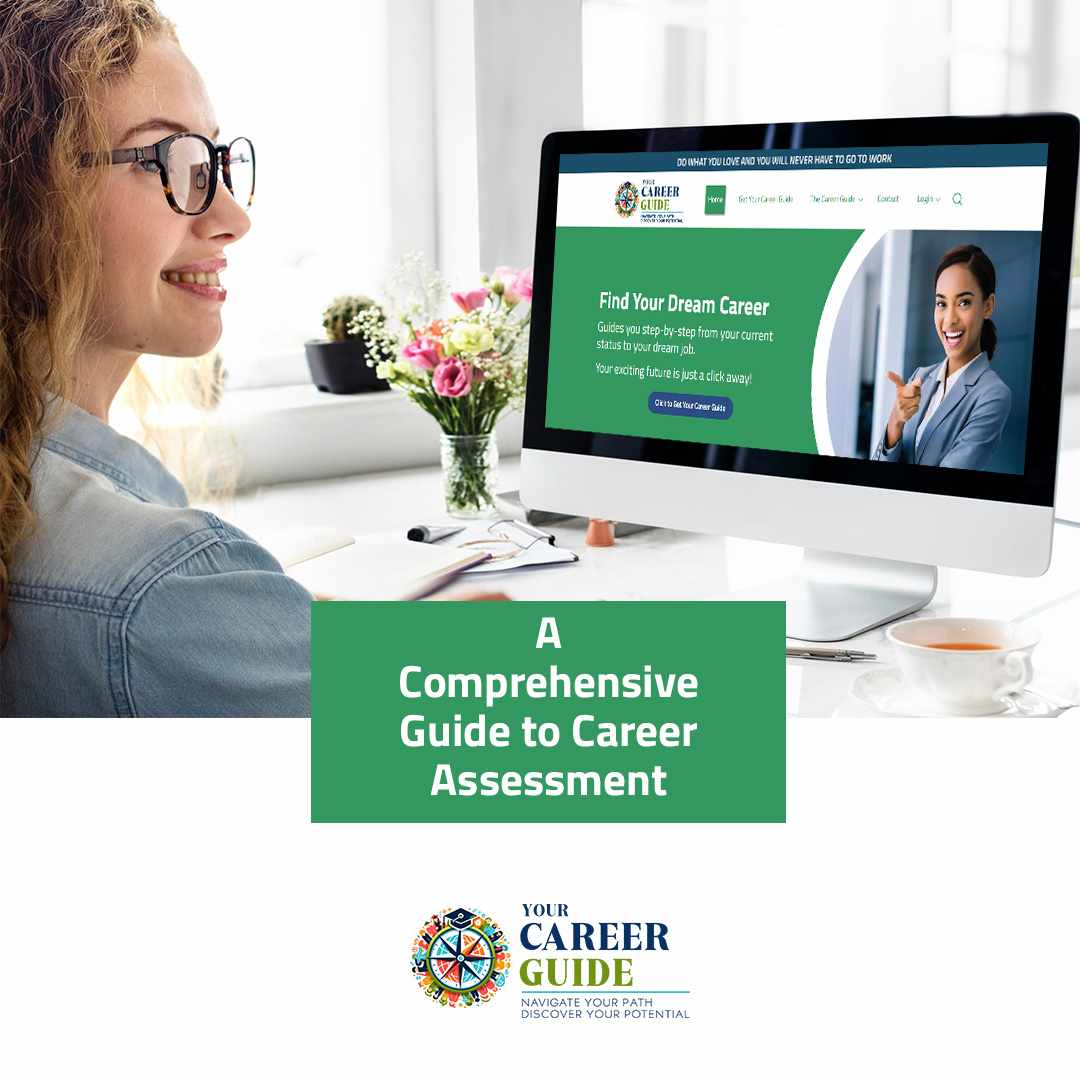
In a world filled with endless opportunities and evolving industries, choosing the right career path can feel overwhelming. From students making their first career selection to professionals contemplating a job switch, everyone benefits from solid career guidance and smart planning. Your career isn’t just a job—it’s a journey that defines your future. With the right approach to career planning, you can make confident decisions, align with your goals, and build a fulfilling life.
The Importance of Career Planning
Your career influences your income, lifestyle, personal development, and happiness. That’s why career planning is essential—it helps you understand your strengths, set goals, and stay focused. Without planning, you might fall into jobs that don’t match your skills or interests, which often leads to burnout or dissatisfaction.
Career planning empowers you to:
Make meaningful career choices
Avoid unnecessary job changes
Align your education and skills with job opportunities
Increase confidence in your decisions
Whether you’re just starting or looking to shift careers, smart planning puts you in control of your future.
Start with Career Assessment
The first step in shaping your future is self-discovery. Career assessment tools can help you identify your interests, personality traits, values, and aptitudes. These assessments provide a foundation for making informed decisions about your career.
Some popular career assessment types include:
Personality tests (e.g., MBTI)
Interest inventories (e.g., Holland Codes or RIASEC model)
Aptitude tests to evaluate natural skills
Work value assessments to clarify what's important to you (e.g., flexibility, security, recognition)
With the insights from career assessments, you can narrow down your options and start identifying the occupation choices that align with your profile.
Understanding Occupation Choice
Occupation choice is a crucial part of your career journey. It refers to selecting a specific type of work or profession based on your skills, interests, and long-term goals. For example, if you enjoy problem-solving and have an aptitude for numbers, accounting or data analysis might be ideal occupations for you. If you are creative and enjoy visual storytelling, you might pursue graphic design or video editing.
When considering your occupation choice, ask yourself:
What kind of work energizes me?
What are the daily responsibilities of this occupation?
Does this field have good job prospects and growth potential?
What level of education or training is required?
Making the right occupation choice can increase job satisfaction, provide a sense of purpose, and lead to long-term career success.
Career Guidance: Your Path to Clarity
Navigating through multiple choices can be overwhelming. That’s where career guidance plays a pivotal role. A career counselor or mentor can help you explore occupations, interpret assessment results, and map out realistic goals.
Professional career guidance offers:
Insights into industry trends and in-demand careers
Help with setting achievable career goals
Personalized career advice based on your strengths and interests
Strategies to overcome barriers like lack of experience or limited qualifications
With the help of expert guidance, you can make more strategic and confident decisions about your career choice.
How to Plan Your Future Strategically
Once you’ve identified your desired career path and suitable occupation, it’s time to plan your future with a strategic mindset.
Here are some key steps:
Set clear goals: Define where you want to be in 1, 5, and 10 years.
Identify required skills: Do you need certifications, internships, or higher education?
Take action: Start building your resume, attend career fairs, and apply for relevant internships or entry-level roles.
Build a network: Connect with professionals in your desired occupation through LinkedIn, webinars, or mentorship programs.
Stay flexible: Industries evolve, and new roles emerge. Be open to adjusting your path as needed.
With a well-thought-out plan, you’ll be better prepared to face challenges, seize opportunities, and create a career that supports your aspirations.
Career Advice for Long-Term Success
Making the right career choice isn’t just about the first job—it’s about creating a long-term path that offers growth and satisfaction. Here are a few tips:
Keep learning: Invest in skill development through courses, certifications, or workshops.
Stay updated: Follow trends in your industry to stay competitive.
Seek mentorship: Learning from others who have walked the path can provide powerful career advice and encouragement.
Track your progress: Regularly evaluate your goals and achievements.
By continuously improving and adapting, you ensure your career remains on track with your goals and interests.
Conclusion: Take Charge and Shape Your Future
Your future isn’t something that just happens—it’s something you shape through thoughtful choices and consistent effort. By starting with a strong career assessment, seeking expert career guidance, and choosing the right occupation, you set yourself up for a meaningful and rewarding professional journey.
Don’t leave your future to chance. Plan your future with intention, explore your options carefully, and trust the process. The right career choice can transform your life—so take control today, and make your dreams a reality with smart career planning and advice.









Write a comment ...